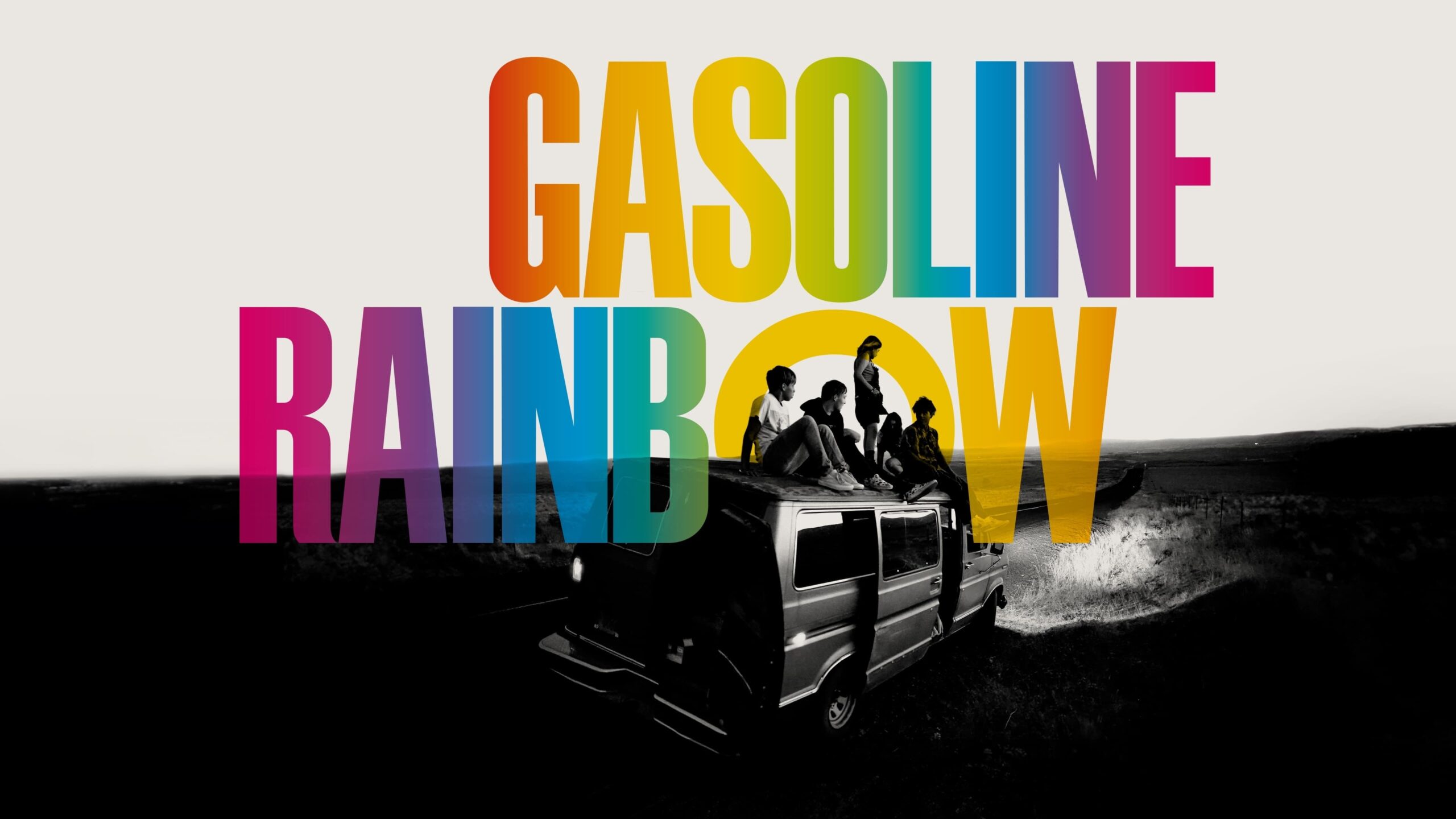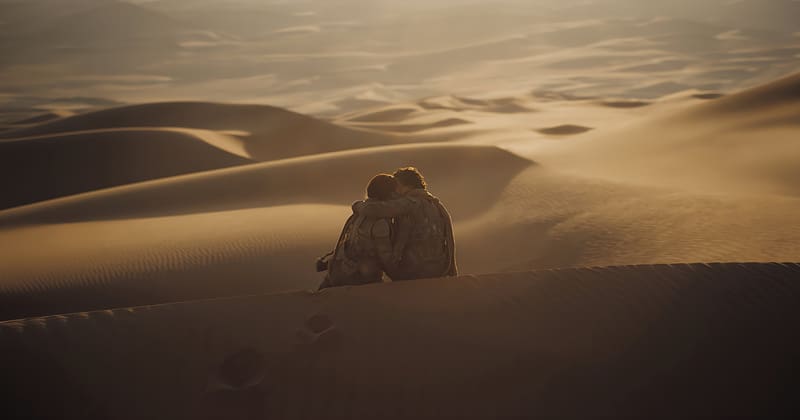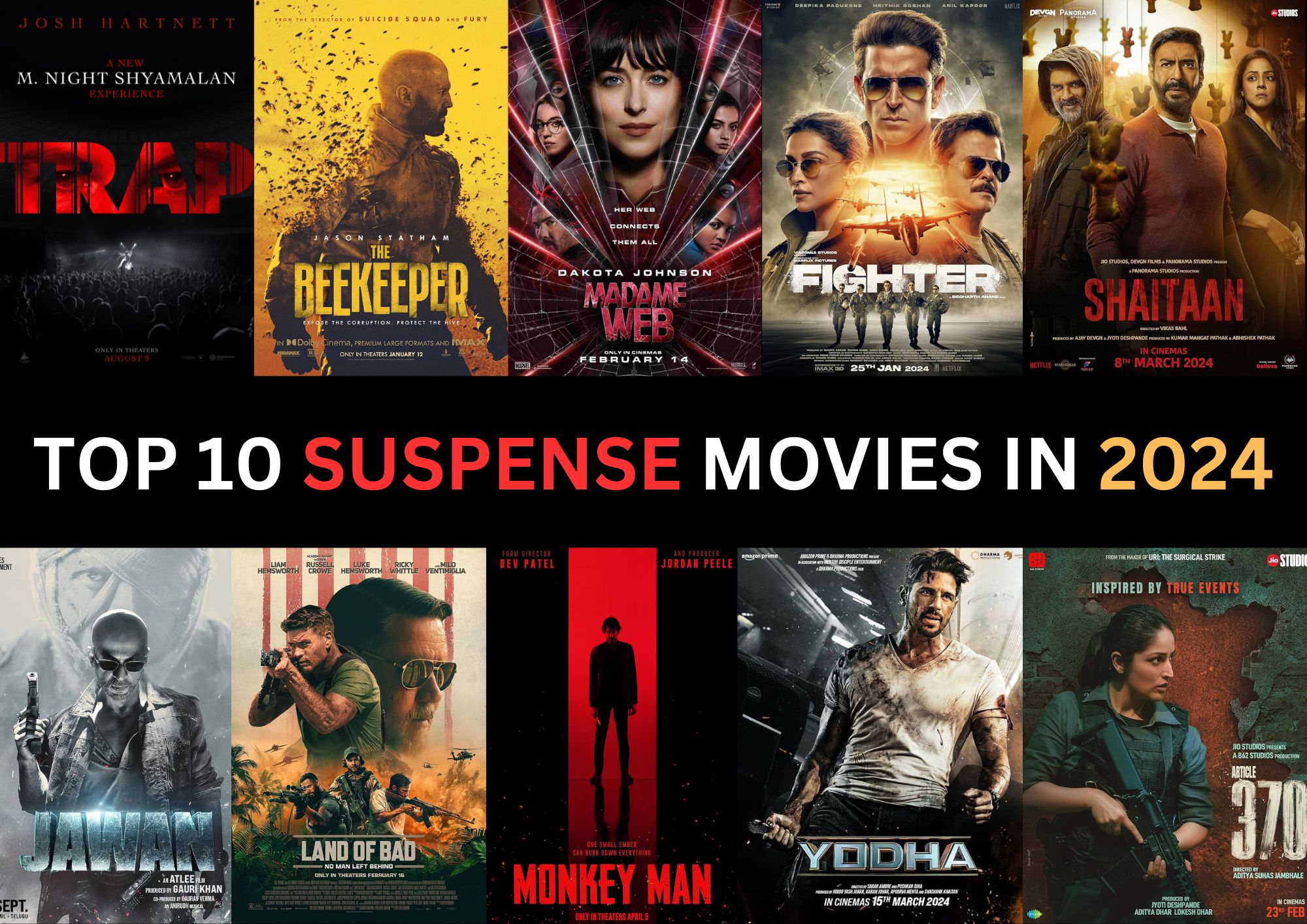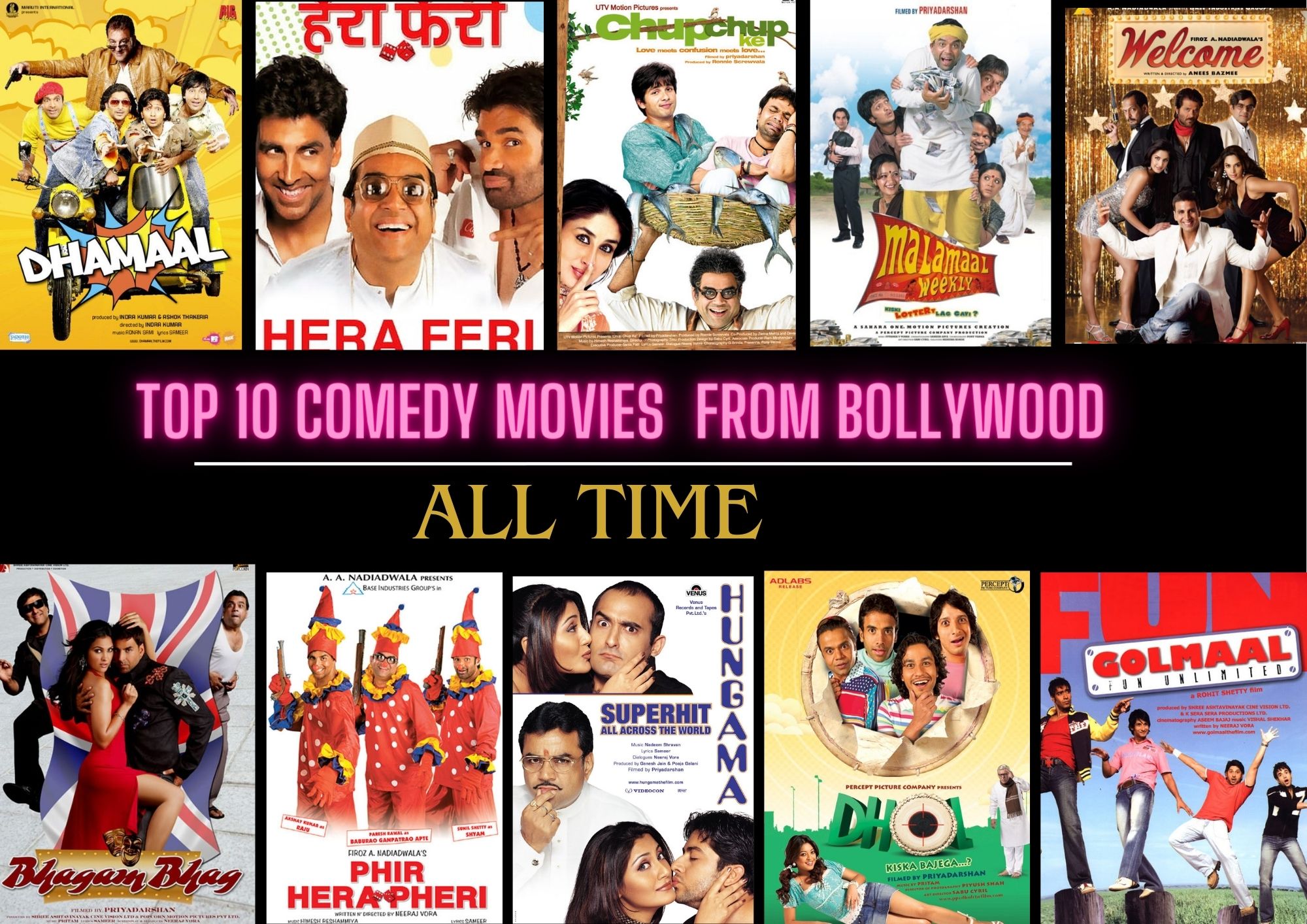The Ross brothers are the writers, directors, photographers, and editors of the 2023 drama Gasoline Rainbow. Tony Abuerto, Micah Bunch, Nichole Dukes, Nathaly Garcia, and Makai Garza are among its cast members.
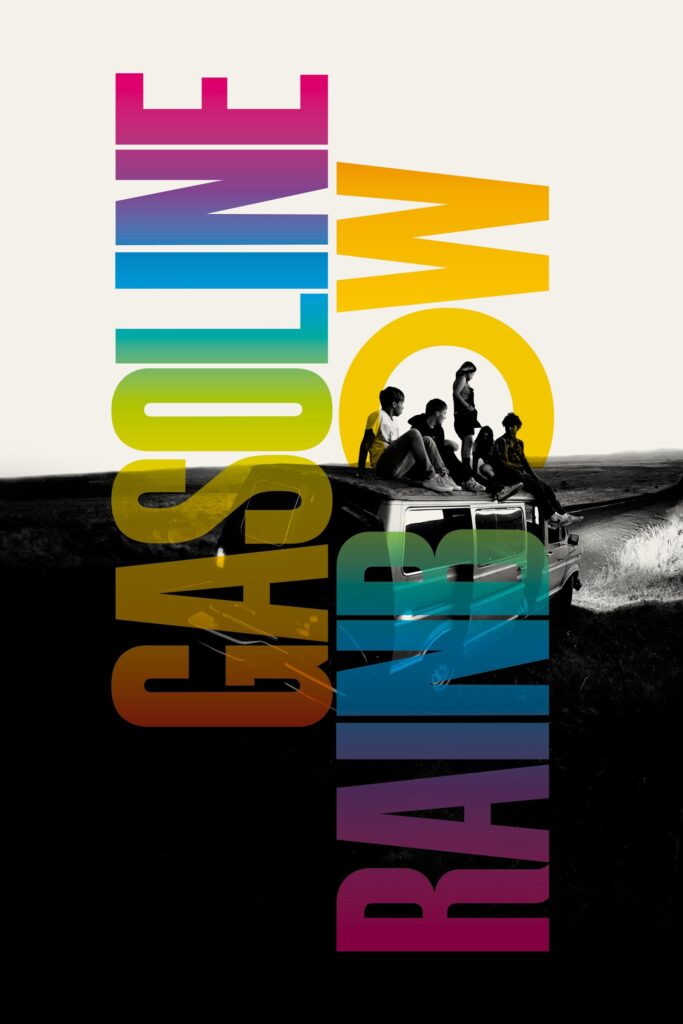
With “Gasoline Rainbow,” the brothers Bill Ross IV and Turner Ross blur the boundaries between fiction and documentary narrative. Five non-acting teenagers are brought together to represent the main buddy group in the tale. As we follow the group on their journey, we are never quite clear how much guidance they have received. This tactic’s precariousness pays off, since the astounding authenticity and elegance are delivered by the absence of artifice.
The high school graduation of Nathaly, Makai, Nichole, Tony, and Micah signals the end of youth and the start of adulthood, rules, and responsibilities. All they want to do is view the ocean from their little hamlet of Wiley, Oregon, which is located 513 miles away from the Pacific Coast. Their future is uncertain. With a characteristic “f*ck it” attitude, they load up into a van and head off throughout the American West, smoking pot, chatting Enya, and encountering other inquisitive people along the route.
True to form, “Gasoline Rainbow” is a road movie. The finest descriptions of “home” that we can find are from the adolescents’ preparations to leave their childhood beds and high school IDs. The wide road is everything else. With a heartbreaking blend of teenage experience and the reality of their vagabond quest, “Gasoline Rainbow” travels through abandoned villages, turbine fields, and brief stops with family on train travel.
From parents who abuse alcohol to persecution stemming from immigration and sentiments of racial isolation, we gradually get to know each individual in the movie. A narrator reads a number of personal fears and aspirations over pictures of breathtaking scenery. The tales aren’t supposed to be Nichole’s or Tony’s; rather, they’re meant to be microcosms of what they’re all going through. Even though we may be able to identify who is speaking, the disembodiment of these presentations thrusts us into the face of youth culture rather than just sentiments.
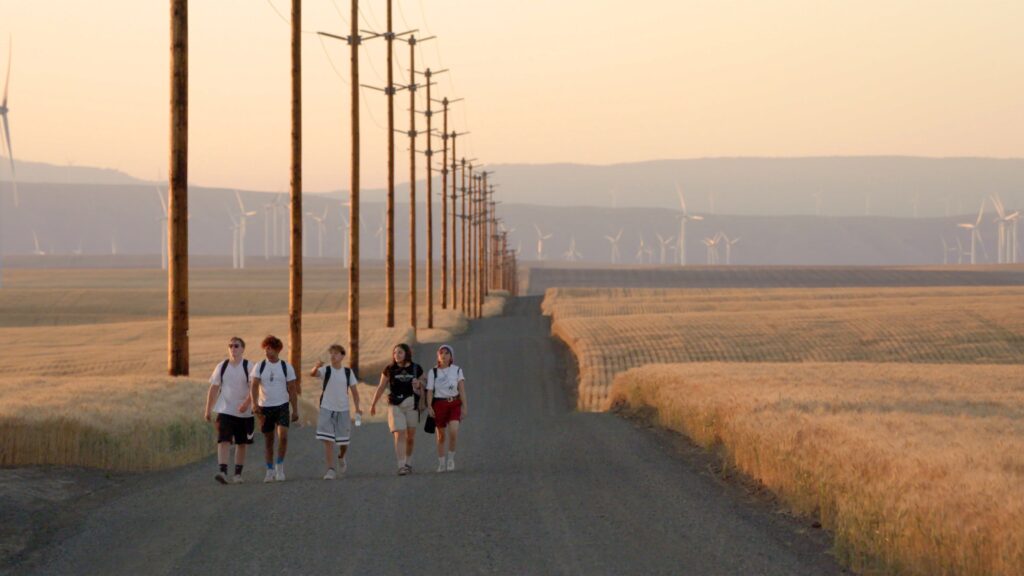
Even though these scenes are quite poignant, they don’t really capture the color of the movie. These represent jigsaw pieces in the larger picture of Gen-Z youth. The innocent exchanges, dialogues, and nonverbal cues between the quintet and others they meet have the most influence. It’s always wonderful to watch their easy emotional awareness clash with their occasionally irrational immaturity. It’s not probable that you will remember every nuance of the conversation, but what sticks with you is the warm, fuzzy sensation of familiarity, nostalgia, and spirit.
The direction of the Ross brothers is, naturally, gorgeous and romantic. Some freeze frames really bring this home, while some shots resemble postcards you may send when traveling. The film’s framing and narrative, which pays homage to the American West’s terrain, consistently focus on themes of scale, such as the youngsters strolling along a road surrounded by wind turbines, sprinting over apparently endless desert stretches, and having a party next to the skeleton of a long-abandoned beached ship. With the exception of the van, where they are actively driving and opportunity is the only thing present, they are fractional in every setting. Their pompous displays of individuality and insight are all the more poignant because of the minuteness of their shapes and, of course, lives, which always take center stage.
While Kerouac’s trip was mostly accompanied by jazz music, the teenagers in “Gasoline Rainbow” express a similar fondness for Biggie Smalls and Enya, reinforcing the story’s cross-cultural appeal. Along the trip, they make connections with a wide range of individuals, including like-minded teenagers, punk self-described hobos who serve as mentors to the group, and, in a clear example of the precariousness of youth, a young man they find on the road in the middle of the night and take into their van. A film that is blatantly real is created by the little contrasts between their profound chats and their occasionally gravely troubling choices.
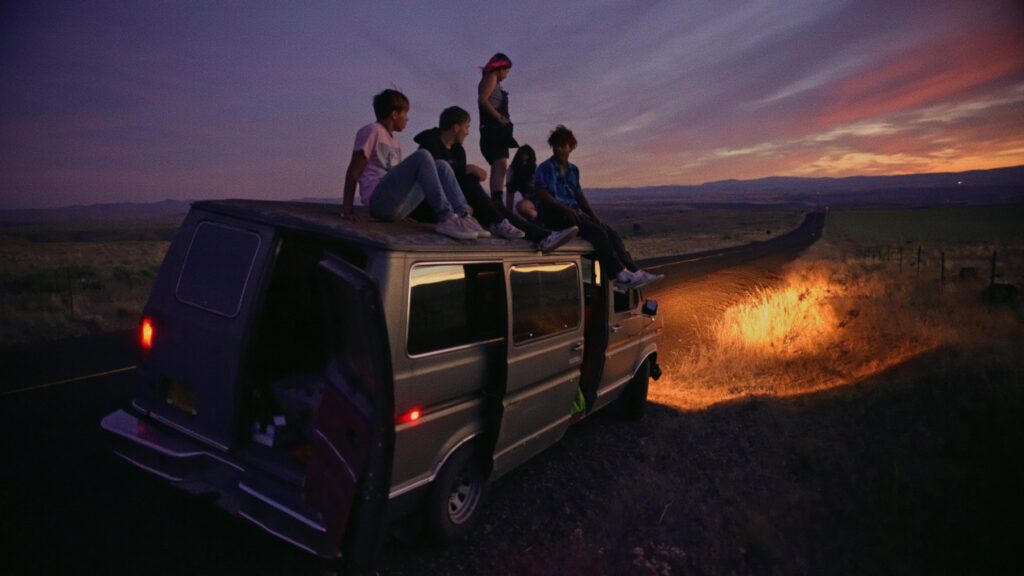
It seems as though “Gasoline Rainbow” is a laughing, breathing live entity. It’s neither a mockery of Generation Z nor an idealistic record of what we would imagine or believe the young of 2020 to be, and the Ross brothers’ generally laissez-faire approach lets this flourish. Even though I’m an elder Gen-Zer, it’s easy to see my generation through the prisms of political fervor, mental health consciousness, and digital prowess. And although I fully respect all of these characteristics, I discover that I am ignoring the fundamental quality of youth, which is the ability to continue in the face of an unending bombardment of doom-scrolling and unavoidable awareness of plights both close and remote.
“Gasoline Rainbow” served as a cheery, cheerful kick in the pants to remind me of the benefit that Gen-Z has of being so early in the process of self-discovery as well as the audacity and optimism of venturing into the unknown.

